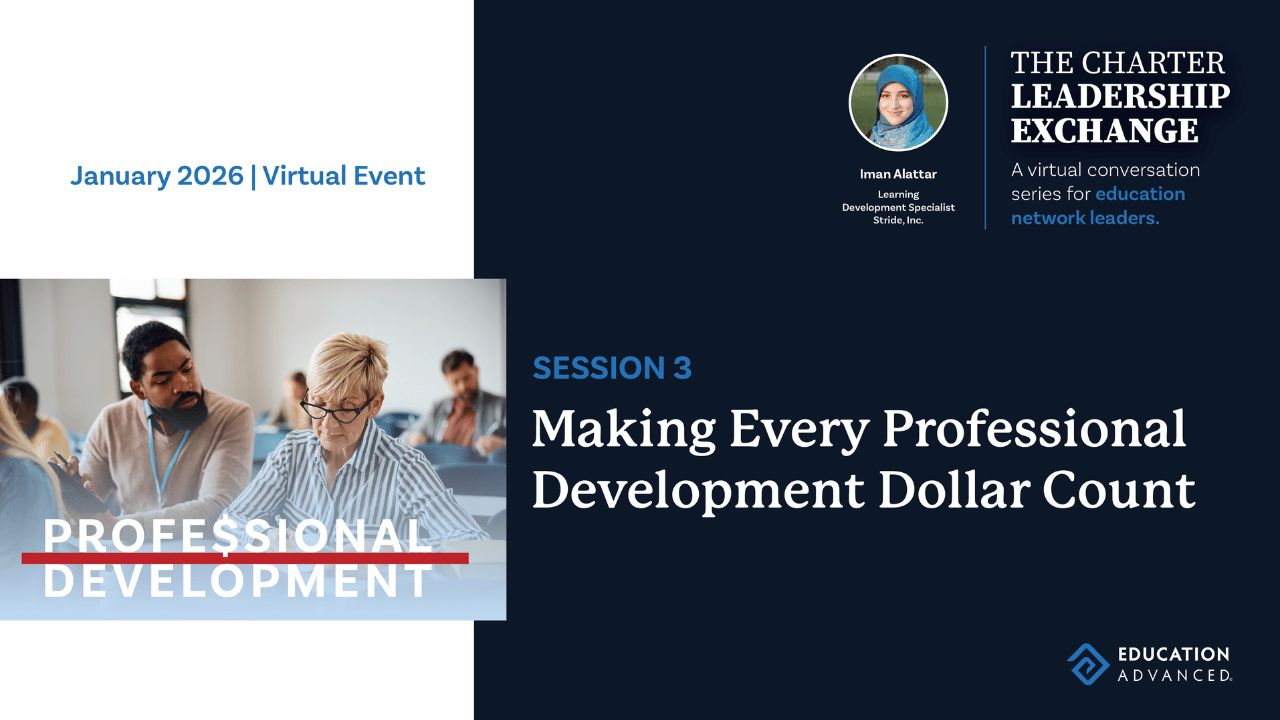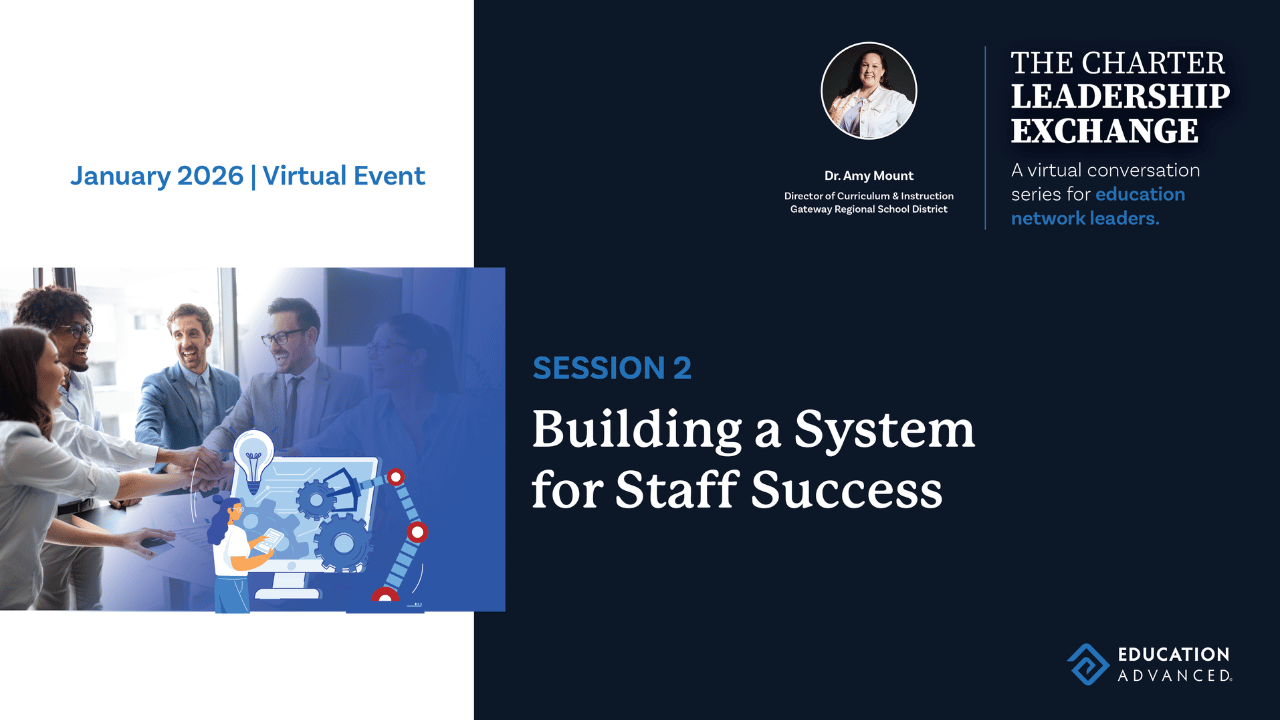How to Prepare Students for College
How to prepare students for college involves helping high schoolers gain the skills, knowledge, and support they need for a smooth transition to higher education. It includes guiding them academically, providing college counseling, preparing for tests, and encouraging extracurricular activities, among other important aspects. High schools are crucial in ensuring students are well-prepared for the college experience.

Preparing Students for College: Strategies for High Schools
To set students on the path to college success, high schools can implement a range of effective strategies, including the following:
1. Build a College-Ready Foundation
To prepare students for college success, high schools should offer tailored curricula that prepare students for college-level work. Additionally, it’s crucial to ensure students understand what makes a curriculum college-ready starting in the first year of high school.
High schools can guide this preparation by developing a four-year course plan for each 9th grader, helping them anticipate and fulfill the requirements of a college-ready curriculum.
2. Assess and Improve College Readiness
High schools should use ongoing assessments to ensure students are ready for college. These measures help students understand their college preparedness and provide targeted support where needed.
Schools can start by identifying existing assessments and standards to estimate college readiness. Use performance data to inform students about their academic strengths and areas for improvement. For students who are not on track, create personalized plans to help them catch up and be well-prepared for college.
3. Foster Supportive College Aspirations
To strengthen students’ aspirations for higher education, high schools can establish an environment surrounded by encouraging adults and peers. This involves implementing various initiatives:
- Mentorship Programs: Introduce programs connecting students with recent high school graduates or college-educated adults. Mentors can serve as guides, offering valuable insights and support to students on the path to higher education.
- Peer Connections: Facilitate student relationships through structured extracurricular activities. Also, create a supportive network for mutual motivation and learning among students with similar college aspirations.
- Career Exploration Opportunities: Provide hands-on opportunities for students to explore different careers. Integrate practical experiences to align post-high school plans with career aspirations, helping students connect academic pursuits with future professional goals.
4. Guide Students Through College Entry Steps
To facilitate students in the crucial steps for college entry, high schools should engage and assist them effectively. This involves ensuring students are well-prepared for and take the necessary college entrance or admissions exams early on.
High schools can assist students with their college search, coordinating college visits and guiding them through the often intricate process of completing college applications.
5. Enhance Financial Literacy and Aid Application Support
To boost families’ financial awareness and aid college application success, high schools can conduct workshops for families and students well before 12th grade. These sessions provide vital information on college affordability, available college scholarships and aid sources, and the intricacies of financial aid processes, including guidance on navigating the Free Application for Federal Student Aid (FAFSA) application process.
In addition to offering access to computers and the FAFSA website, especially for students without reliable home Internet access, high schools can actively assist students and their families in completing financial aid forms well before eligibility deadlines. This ensures a smooth and timely application process, which facilitates greater accessibility to essential financial aid resources for students.
6. Facilitate Regular Meetings With School Counselors
Establishing a strong connection with school counselors is crucial in preparing students for college. These professionals are valuable resources, addressing current academic challenges and providing support to help overcome personal stress. In addition, the school counselor helps in college planning, acting as a liaison and offering guidance on students’ goals and aspirations.
Rather than waiting for students to initiate contact, schools should encourage and facilitate regular appointments with counselors. This proactive engagement ensures that students can openly discuss their college-related goals and concerns, maximizing the support and assistance available to them.

7. Promote Active Participation in Extracurricular Activities
Encouraging student involvement in extracurricular activities is a key strategy for schools looking to offer unique opportunities for students to acquire proficiencies beyond textbook and test-based learning.
Beyond making the high school experience fun, active participation in extracurricular activities helps students develop vital skills, such as
- Teamwork
- Public speaking
- Creativity
- Leadership
- Self-awareness
By creating an environment that encourages students to explore extracurricular activities, schools contribute to student’s readiness for the challenges of higher education.
8. Promote College Campus Tours
High schools can prepare students for college by encouraging early engagement in college visits, including campus tours. Rather than delaying all visits until the senior year, schools should motivate students to explore various college campuses throughout their high school years.
To maximize the benefits of college visits, it is usually best to prepare well in advance. For instance, schools can contact colleges for tour registration and attendance at an information session. These official offerings provide crucial insights into what the school offers and its unique attributes.
9. Encourage Enrollment in Rigorous High School Courses for College Preparation
Schools can assist students in preparing for and excelling in college by actively promoting enrollment in challenging classes. While demanding, this initiative offers numerous benefits beyond acquiring subject-specific knowledge.
College preparatory classes hone essential skills, such as note-taking, critical thinking, and test-taking. These skills are invaluable in getting students ready for the academic demands of college.
10. Facilitate GPA Maintenance for College Preparedness
In preparing students for college, high schools should emphasize the importance of students maintaining a high GPA. While academic success is usually a priority for many students in the initial three years of high school, the challenge of decreasing motivation can potentially impact grades, especially if senior years involve rigorous advanced placement (AP) and college-level classes.
Given that college admissions committees prioritize the senior year GPA, schools should actively guide students to stay focused. Ongoing commitment to sustaining top grades and cultivating effective study habits remains a fundamental aspect of high school preparation for college.
11. Promote Life Skill Development for College Readiness
An important aspect of preparing for college involves ensuring readiness for the increased level of independence and responsibility that college life entails.
While college grants students more control over their schedules, it also introduces the temptation to procrastinate. This is why developing organizational and time management skills during high school is important, as it encourages students to maintain focus and stay on track.
Equally crucial is developing basic life skills such as handling laundry, preparing simple meals, and engaging in grocery shopping. These seemingly small tasks are significant in preparing students for the greater independence they will experience in the next phase of their lives. Encouraging the acquisition of these life skills is an integral part of a comprehensive approach to college readiness in high schools.
Conclusion
Taking all this into consideration, it’s crucial for high schools to help students with college prep. The goal is to put them on track for academic success and career readiness. When schools give students the right skills, knowledge, and support, they play a big role in making sure the move to higher education goes smoothly. Besides helping individual students, this also boosts the overall success of the education system.
To make college and career planning easier, check out Pathways, our software tool designed to help school administrators and counselors create, track, and understand graduation paths. The tool ensures students in high school are on the right track to graduate and move forward to college or careers.
If your school is interested in new ways to improve the learning experience for children, you may also be interested in automating tasks and streamlining processes so that your teachers have more time to teach. Education Advanced offers a large suite of tools that may be able to help. For example, three of our most popular and effective tools are:
- TestHound, our test accommodation software, helps schools coordinate thousands of students across all state and local K-12 school assessments while taking into account dozens of accommodations (reading disabilities, physical disabilities, translations, etc.) for students.
- Pathways, our college and career readiness software, helps administrators and counselors create, track, and analyze graduation pathways to ensure secondary students are on track to graduate.
- Evaluation, our teacher evaluation software, documents every step of the staff evaluation process, including walk-throughs, self-evaluations, supporting evidence, reporting, and performance analytics.
More Great Content
We know you'll love




